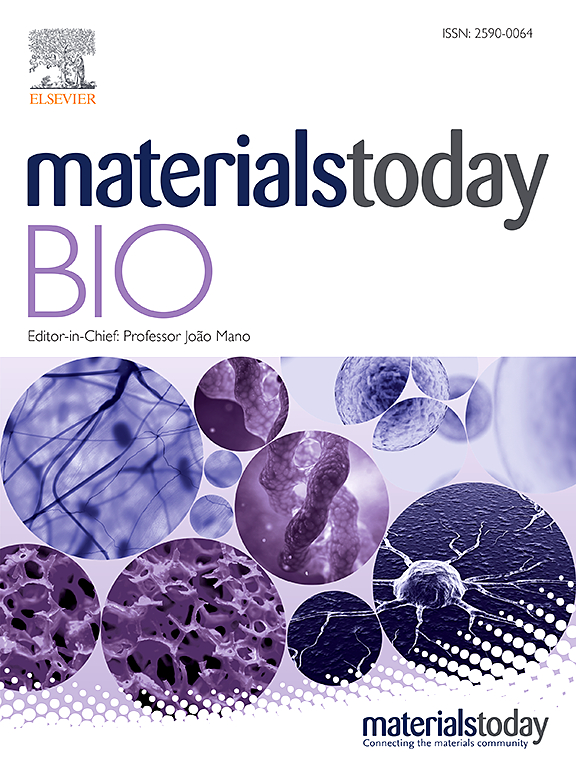Advancing vaccine technology through the manipulation of pathogenic and commensal bacteria
IF 8.7
1区 医学
Q1 ENGINEERING, BIOMEDICAL
引用次数: 0
Abstract
Advancements in vaccine technology are increasingly focused on leveraging the unique properties of both pathogenic and commensal bacteria. This revolutionary approach harnesses the diverse immune modulatory mechanisms and bacterial biology inherent in different bacterial species enhancing vaccine efficacy and safety. Pathogenic bacteria, known for their ability to induce robust immune responses, are being studied for their potential to be engineered into safe, attenuated vectors that can target specific diseases with high precision. Concurrently, commensal bacteria, which coexist harmlessly with their hosts and contribute to immune system regulation, are also being explored as novel delivery systems and in microbiome-based therapy. These bacteria can modulate immune responses, offering a promising avenue for developing effective and personalized vaccines. Integrating the distinctive characteristics of pathogenic and commensal bacteria with advanced bacterial engineering techniques paves the way for innovative vaccine and therapeutic platforms that could address a wide range of infectious diseases and potentially non-infectious conditions. This holistic approach signifies a paradigm shift in vaccine development and immunotherapy, emphasizing the intricate interplay between the bacteria and the immune systems to achieve optimal immunological outcomes.

通过操纵病原菌和共生菌推进疫苗技术的发展
疫苗技术的进步越来越多地集中在利用病原菌和共生菌的独特特性上。这种革命性的方法利用了不同细菌物种固有的多种免疫调节机制和细菌生物学特性,从而提高了疫苗的有效性和安全性。病原菌以其诱导强大免疫反应的能力而著称,目前正在研究将其改造成安全、减毒载体的潜力,以高精度地针对特定疾病。与此同时,与宿主无害共存并有助于免疫系统调节的共生细菌也正在作为新型传递系统和基于微生物组的疗法进行研究。这些细菌可以调节免疫反应,为开发有效的个性化疫苗提供了一条前景广阔的途径。将病原菌和共生菌的独特特性与先进的细菌工程技术相结合,为创新疫苗和治疗平台铺平了道路,这些平台可用于治疗各种传染性疾病和潜在的非传染性疾病。这种整体方法标志着疫苗开发和免疫疗法的范式转变,强调细菌和免疫系统之间错综复杂的相互作用,以实现最佳的免疫效果。
本文章由计算机程序翻译,如有差异,请以英文原文为准。
求助全文
约1分钟内获得全文
求助全文
来源期刊

Materials Today Bio
Multiple-
CiteScore
8.30
自引率
4.90%
发文量
303
审稿时长
30 days
期刊介绍:
Materials Today Bio is a multidisciplinary journal that specializes in the intersection between biology and materials science, chemistry, physics, engineering, and medicine. It covers various aspects such as the design and assembly of new structures, their interaction with biological systems, functionalization, bioimaging, therapies, and diagnostics in healthcare. The journal aims to showcase the most significant advancements and discoveries in this field. As part of the Materials Today family, Materials Today Bio provides rigorous peer review, quick decision-making, and high visibility for authors. It is indexed in Scopus, PubMed Central, Emerging Sources, Citation Index (ESCI), and Directory of Open Access Journals (DOAJ).
 求助内容:
求助内容: 应助结果提醒方式:
应助结果提醒方式:


